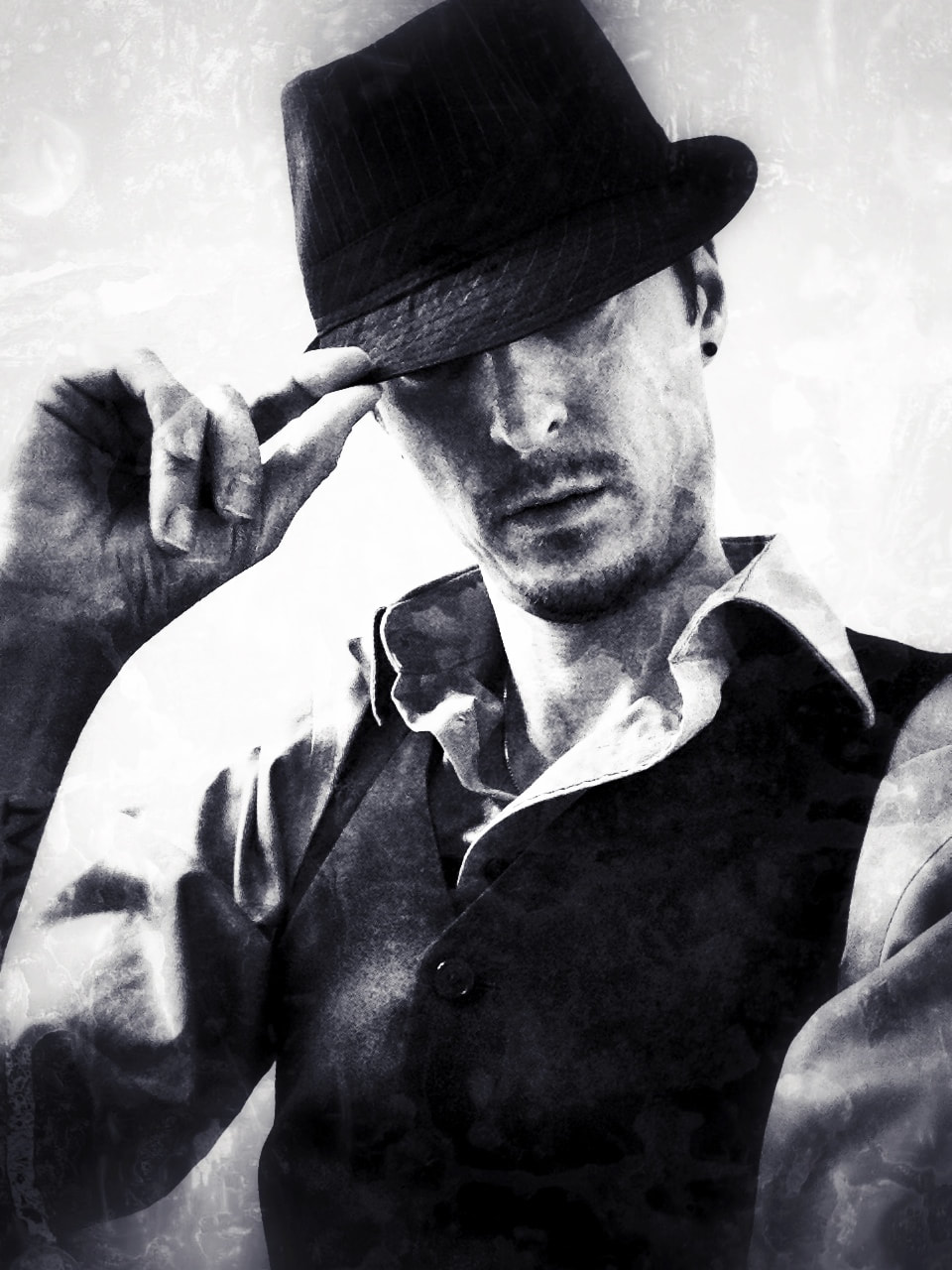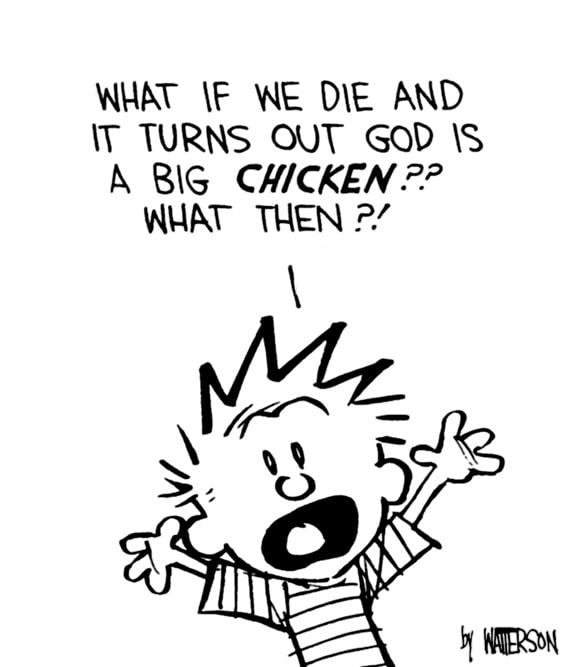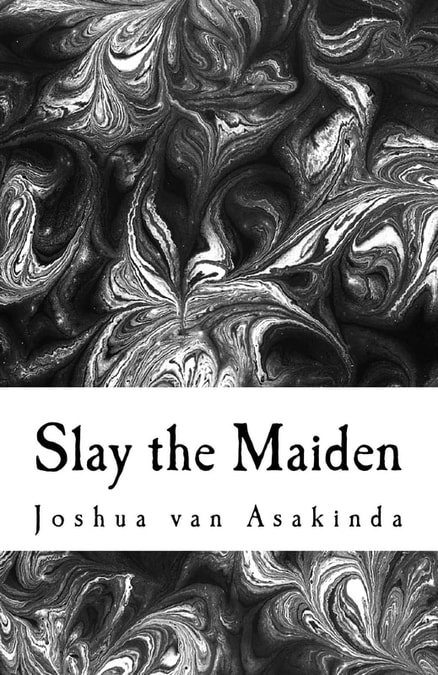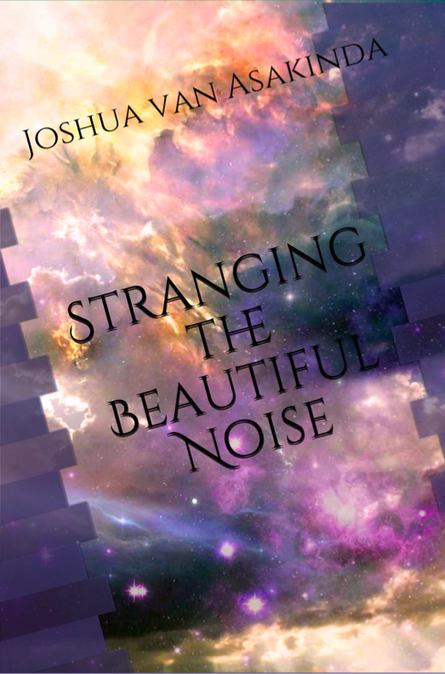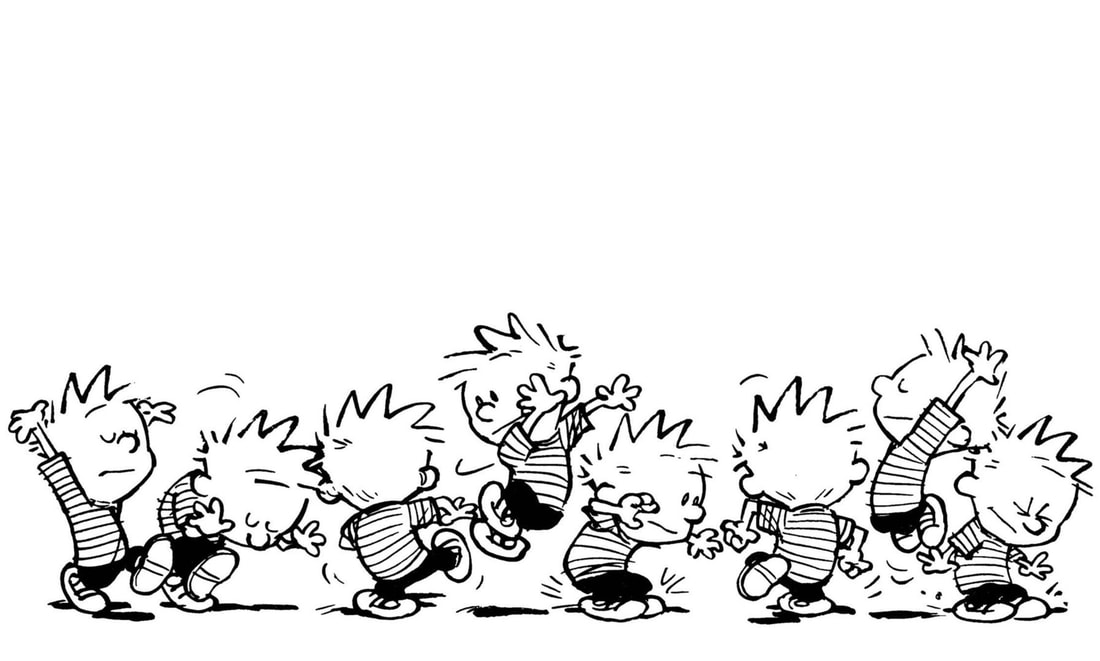This is my blog.
Three blogs, actually, but whatever…
Being a perfectionist, I can sometimes be paralyzed by indecision. How many times I’ve rebuilt this website, I can only imagine; it must be dozens, at least. And so in the name of actually getting something done for a change, I’ll keep it short with a quick introduction:
I’m a Buddhist. A bad one. Like, a really, really terribly bad Buddhist (hence the blog).
And I write things, sometimes, like Slay the Maiden and Stranging the Beautiful Noise. I self-published these, and they’re a lot like me- broken, but sprinkled with genius. So like bastard children that can’t get their shit together, I love them in spite of myself.
And I help software engineers build things, like my project Guinevere. We’re building this now, and if you want, you can check it out. Guinevere is grounded in the first conversation I ever had with Isaac Shapira before I was contracted at Platonic Systems; I said, “We’re not designed to live in the world we’ve built, and nobody understands how dangerous that really is.” So I started to think about what a digital ecosystem would look like if it were built around how human beings are designed to interact rather than around how human beings can make technocrats money- and that was the beginning of Guinevere.
When I’m not doing that, I’m wandering the world like some global homeless person, or teaching martial arts, or driving my Mustang GT (not overseas, of course, because that would be stupid).
Some of my greatest intellectual influences include Nietzsche, Jung, Dostoevsky, & the Hagakure (not necessarily in that order). And I love sci-fi / fantasy fiction. Gene Wolfe’s writing makes me so green with envy, I’d break his fingers if he weren’t already dead, but he is, and that makes me cry. Neal Gaiman. Neal Stephenson too. All the Neals, really…
Oh, and I love Calvin & Hobbes. Like, with a really weird kind of fanaticism. All through college, I put clips and strips of Calvin & Hobbes in my presentations, at literally any moment that I could justify it to myself- to myself, of course, because nobody else understood it. And full disclosure, I will continue to do that.
And so there it is; that’s everything you need to know about who I am. There are links across the top banner to my blogs; there are buttons down below, if you’d like to see my other projects.
Thanks, and you’re welcome.
Three blogs, actually, but whatever…
Being a perfectionist, I can sometimes be paralyzed by indecision. How many times I’ve rebuilt this website, I can only imagine; it must be dozens, at least. And so in the name of actually getting something done for a change, I’ll keep it short with a quick introduction:
I’m a Buddhist. A bad one. Like, a really, really terribly bad Buddhist (hence the blog).
And I write things, sometimes, like Slay the Maiden and Stranging the Beautiful Noise. I self-published these, and they’re a lot like me- broken, but sprinkled with genius. So like bastard children that can’t get their shit together, I love them in spite of myself.
And I help software engineers build things, like my project Guinevere. We’re building this now, and if you want, you can check it out. Guinevere is grounded in the first conversation I ever had with Isaac Shapira before I was contracted at Platonic Systems; I said, “We’re not designed to live in the world we’ve built, and nobody understands how dangerous that really is.” So I started to think about what a digital ecosystem would look like if it were built around how human beings are designed to interact rather than around how human beings can make technocrats money- and that was the beginning of Guinevere.
When I’m not doing that, I’m wandering the world like some global homeless person, or teaching martial arts, or driving my Mustang GT (not overseas, of course, because that would be stupid).
Some of my greatest intellectual influences include Nietzsche, Jung, Dostoevsky, & the Hagakure (not necessarily in that order). And I love sci-fi / fantasy fiction. Gene Wolfe’s writing makes me so green with envy, I’d break his fingers if he weren’t already dead, but he is, and that makes me cry. Neal Gaiman. Neal Stephenson too. All the Neals, really…
Oh, and I love Calvin & Hobbes. Like, with a really weird kind of fanaticism. All through college, I put clips and strips of Calvin & Hobbes in my presentations, at literally any moment that I could justify it to myself- to myself, of course, because nobody else understood it. And full disclosure, I will continue to do that.
And so there it is; that’s everything you need to know about who I am. There are links across the top banner to my blogs; there are buttons down below, if you’d like to see my other projects.
Thanks, and you’re welcome.
BiographyJoshua van Asakinda was born 22 September, 1979 near Pittsburgh, Pennsylvania. He holds a master's degree from American Military University, and a bachelor's degree from the University of Pittsburgh, where he studied psychology and philosophy. During that time, he began developing his “heroic theory” of psychology, and has self-published a number of books, including Slay the Maiden and Stranging the Beautiful Noise. As a master-level consulting psychologist, he specializes in male, trauma, and leadership psychology. He now works primarily in the tech sector; he is the founder of Guinevere, TRIBE, TRIBE: I/O, and Head of Operations at Platonic Systems Limited. Finally, he is a Buddhist, and First of the Zenshida’i, creator of Cimande Pencak Silat-Serak dari Zenshida'i.
|
Huzzah! Contact Information!
Finally, a Few Books I Self-published…
All Content Copyright
Joshua van Asakinda
Odinn Valfather Technologies, LLC
Telephone+1(702)918-2171
|
|
